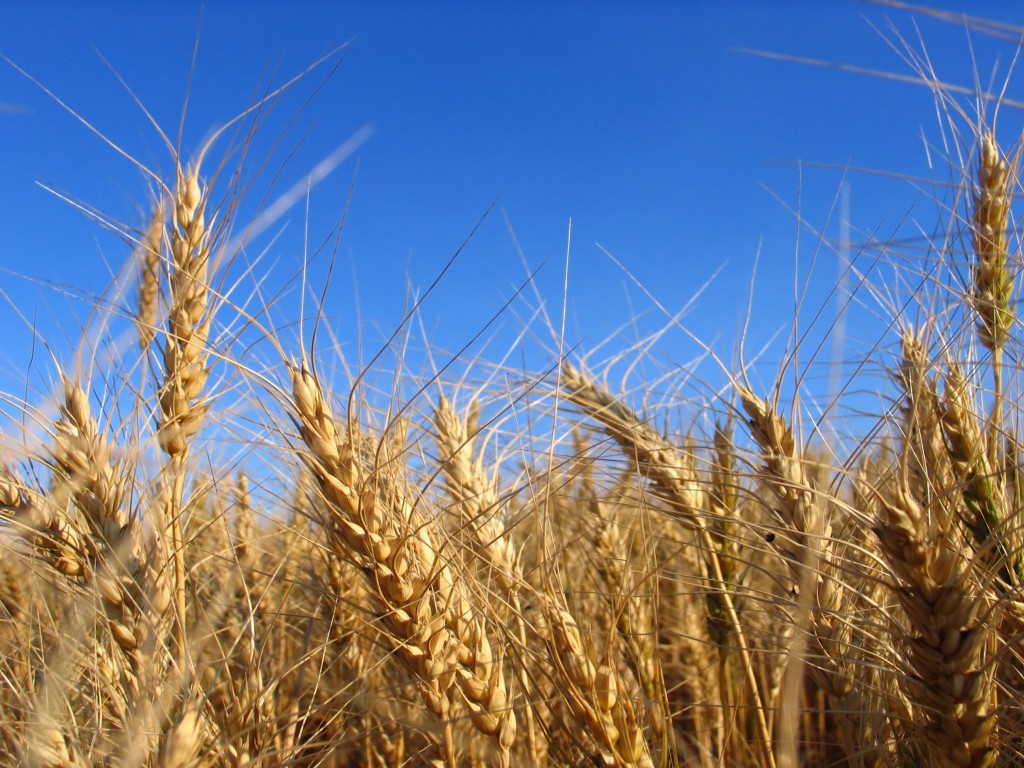FOOD ALLERGIES: Causes & Reactions
Allergic reactions, intolerances and sensitivities can take many forms, make life frustrating and prove difficult to pinpoint.
Although they are not thought of as an illness, they can sometimes make the sufferer feel extremely uncomfortable and unwell.
Depending on the nature and severity of your symptoms, the problem can be either a mild, short-term irritation or a more serious, long-term condition, such as coeliac disease.
I am luck, I do not suffer from coelic disease but I am allergic to a particular protein in wheat and cow’s milk. I am also highly intolerant to potatoes and slightly sensitive to other night-shades. This combination has made eating (in and out) complicated and incredibly limited. One benefit: it has highlighted the overwhelming amount of wheat, diary and starch-based fillers that exists in our everyday food. And I am grateful for at least reducing these in my general intake.

Once you have investigated your symptoms and tracked down the causes of your reactions, you can adapt your your diet to be nutritionally balanced while excluding anything suspect to which you are sensitive.
CAUSES & REACTIONS
An allergy is a reaction that occurs when the body’s immune system overreacts to a normally harmless substance, causing irritation, disability and sometimes even fatality.
A substance that causes an allergy is called an allergen and can be anything either ingested, inhaled or that touches the skin, that causes an adverse reaction.
Our immune system usually defends us from harmful foreign invaders such as viruses and bacteria that otherwise might cause illness. In the person suffering from allergies, however, the system believes that the allergen is damaging and reacts to it accordingly. A special type of anti-body called IgE (immunoglobulin E) is produced to protect from the threatening substance.
“Mast” cells in our body then release other chemicals, the most commonly known as histamine, which join the IgE antibodies in fending-off the invaders.
The result is an allergic reaction, with its associated symptoms.
The site of the reaction depend on the location of the mast cells, and is often in places such as the nose, skin, lungs or intestines.
Typical allergic reactions and their symptoms include:
Vomiting
Diarrhoea
Hayfever
Asthma (coughing & wheezing, breathlessness)
Runny & blocked nose
Hives & skin rashes
Eczema
It is not known exactly how many people react badly to certain substances, since many cases are mild enough to go undetected or may be misdiagnosed.
Allergies, in general are on the rise and this may be a consequence of aspects of contemporary living, such as increased air pollution, the over use of chemicals, additives, preservatives and pesticides.
It has also been suggested that because modern medicine has reduced our risk of infection from “naturally” harmful foreign invaders, such as bacteria, our immune systems are now inadequately challenged, leading to a reaction, in genetically susceptible people, to ordinarily harmless substances.
There is a strong genetic link with allergies, for example, if someone in your family, particularly a parent, has an allergy to something, it is likely that this susceptibility may be passed on.
Greater awareness and recognition of allergies may also be a factor in our perception of the problem.
The onset of an allergy or intolerance can occur at any stage in life and the culprit substance may be something that had previously been tolerated.
The most serious symptoms took affect when I was 29 years old and I had never experienced any sensitivity to wheat, diary or potato before this time. In fact, potato was (and honestly, still is) my favourite food and while I did not overdoes on any of the perpetrators, I did consume them regularly.
It has been a relief to learn that such sensitivities can also be outgrown and either through periods of exclusion or certain treatments, troublesome symptoms can also completely disappear.